Twitter has moved to the Karnataka High Court against some of the orders by the government to take down content from the platform
From introduction of IT Rules, 2021 last year to orders to take down content, the government and social media companies have been on loggerheads for various reasons
The court’s decision in the case will likely set a strong precedent on the issue of internet censorship, and will be keenly watched
Social media giant Twitter has moved the Karnataka High Court against some of the orders by the Indian government to take down content from the platform. The introduction of IT Rules, 2021, led to the beginning of a feud between the government and many foreign social media companies last year, with the IT Ministry warning them to comply with the rules. However, this is the first time that the microblogging platform has taken the legal route against takedown orders.
The feud between Twitter and the government worsened over the last few weeks as the latter accused the social media company of not complying with its notices to take down content.
Last month, the government sent another notice to the company and said it was “one last opportunity” for Twitter to comply with the IT Rules. The government also warned that a failure to comply with the rules by July 4 will lead to the social media platform losing its intermediary status.
Last week, a report quoted a government official as saying that the Ministry of Electronics and Information Technology (MeitY) took the action following Twitter’s “repeated failures to act on the content take-down notices sent under Section 69 A of the IT Act” and “non-compliance notices issued for not taking the content down.”
Rising Requests To Take Down Content
While the exact takedown orders against which Twitter has moved court are not in public, the government over the last year has asked Twitter to take down different types of content, including accounts supporting an independent Sikh state and posts that allegedly spread of misinformation about farmers’ protest in the national capital in 2021, as per various reports.
Some tweets critical of the Indian government’s handling of the COVID-19 pandemic were also asked to be taken down. Recently, reports also said that the platform was asked to take down several tweets last year that criticised internet censorship.
Besides, some tweets from opposition party members, journalist Rana Ayyub, as well as official and diplomatic handles of Pakistan also came under the scanner.
Twitter India blocked 80 such accounts last month, including that of Kisan Ekta Morcha, Tractor2Twitter, which represented the farmers’ protests, official accounts of Pakistan Embassies in Turkey, Iran, Egypt, and the UN, and Radio Pakistan.
In fact, Twitter has also been publishing the monthly compliance report under IT Rules, 2021. Between April 26 and May 25 this year, the social media platform said it took down 1,077 URLs for violating norms related to online harassment and 362 web links were screened for hateful conduct.
On Tuesday, news agency PTI reported, citing official sources in the government, that Twitter was finally in compliance with the IT Rules. Minister of State for Electronics and Information Technology Rajeev Chandrasekhar also tweeted the report.
All this has created intrigue about the platform’s decision to challenge the government in court. In its lawsuit, Twitter has reportedly said that some take down orders “pertain to political content that is posted by official handles of political parties”.
“Blocking of such information is a violation of the freedom of speech guaranteed to citizen-users of the platform. Further, the content at issue does not have any apparent proximate relationship to the grounds under Section 69A,” according to Twitter.
Inc42 reached out to the platform to get more details about the lawsuit, but it refused to comment on the matter.
Background To The IT Rules, 2021
The IT Rules (Intermediary Guidelines and Digital Media Ethics Code), 2021 for social media apps, online news portals, news aggregators and OTT platforms came into effect on May 26, 2021, with an aim to provide an “open, safe and trusted and accountable” internet for all Indian users.
The new IT rules replaced the IT (Intermediary Guidelines) Rules, 2011, which were framed under the Information Technology Act (IT Act), 2000.
The IT Act was amended in 2008, providing social media intermediaries exemption from liability for any third-party information. Under Section 79 of the IT Act, “An intermediary shall not be liable for any third party information, data, or communication link made available or hosted by him.”
However, to have an intermediary status, the platforms must adhere to the due diligence requirements under the IT Act and the IT Rules, 2021.
Expanding the mandate of IT (Intermediary Guidelines) Rules, 2011, the new IT Rules came up with a framework that would regulate the content of online publishers of news and current affairs as well as curated audio-visual content. As a result, OTT platforms also came under scrutiny.
The introduction of new rules faced opposition from many players last year, but the government refused to back down and went ahead with it. While Indian social media platform Koo was quick to claim that it was compliant with the new rules, social media giants like Twitter, Google, Meta (then Facebook) were taking time to become fully compliant.
In May last year, a petition was also filed in the Delhi High Court against Twitter over non-compliance with the new IT Rules. The court then ordered the platform to comply with the rules.
Twitter Case Outcome To Set Precedent
While it remains to be seen in whose favour the decision in Twitter’s lawsuit goes, the outcome will certainly “set a strong precedent”, according to Prateek Waghre, Policy Director at Internet Freedom Foundation.
Talking to Inc42, Waghre said that it is a very important case. “More and more obligations are being imposed on social media platforms as well as on other intermediaries through this sort of rules and amendments. And it was potentially a matter of time before companies decided to take a more adversarial approach, it seems it’s Twitter in this case,” he said.
It must be noted that the government released draft amendments to IT Rules, 2021 last month, and had sought public opinion on it.
Speaking to Inc42, several legal experts had raised concerns about some of the proposed amendments, including the formation of a separate Grievance Appellate Committee for overseeing social media content.
Another matter of concern for experts like Waghre is that there is no transparency in the orders that the government shares with the social media intermediaries.
“They have a clause that enables these orders to be issued in secret, which means the actual user or the person who posted the content does not have the right to be heard,” Waghre said, adding that the person or the individual whose speech is affected does not have a chance to represent themselves.

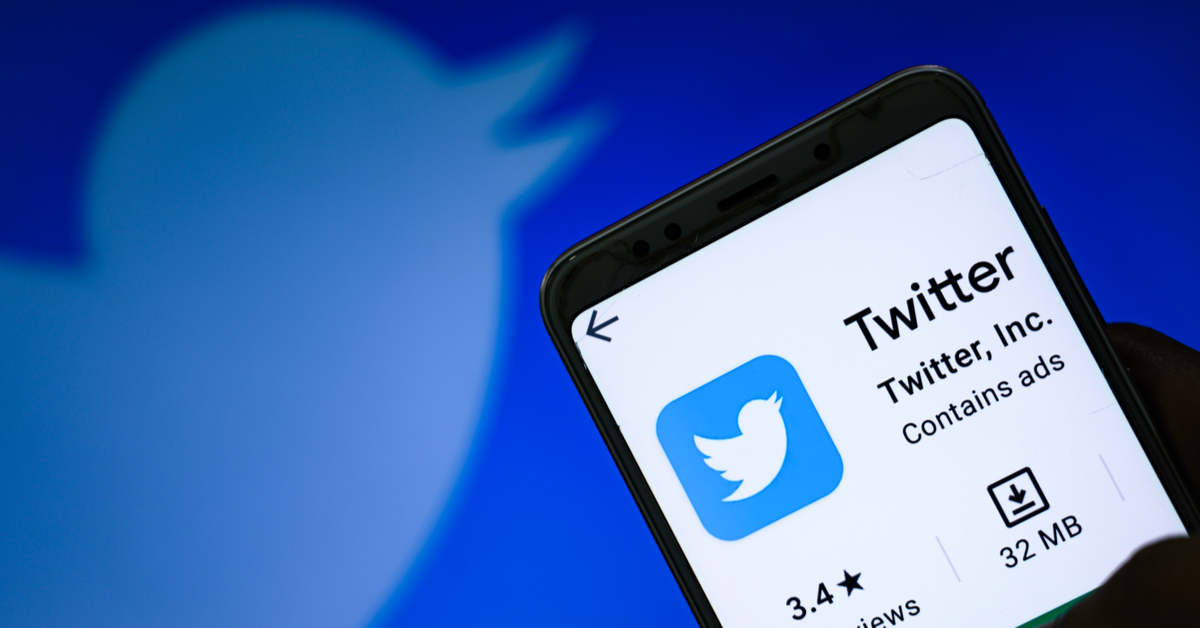
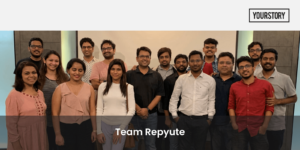
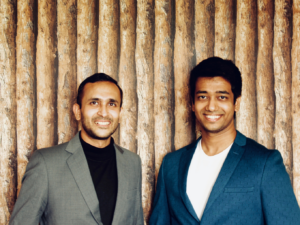
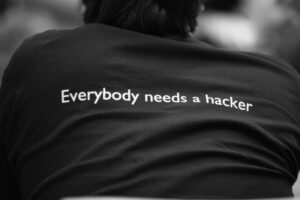

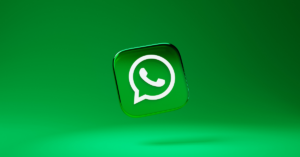
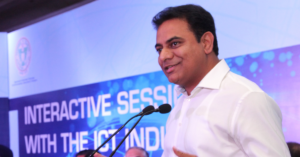
![Read more about the article [Funding alert] Spacetech startup Skyroot Aerospace raises $11M in Series A funding](https://blog.digitalsevaa.com/wp-content/uploads/2021/05/skyrootfounders-1609139696253-300x150.jpg)